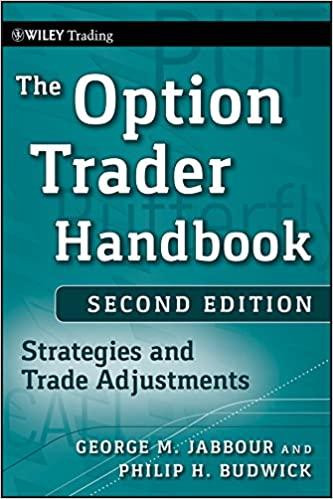Garrison holds a controlling interest in Robertson's outstanding stock. For the current year, the following information has been gathered about these two companies:
(See attached)
Garrison uses the initial value method to account for the investment in Robertson. Garrison's separate operating income figure does not include dividend income for the current year.
-
Assume that Garrison owns 80 percent of Robertson's voting stock. On a consolidated tax return, what amount of income tax is paid?
-
Assume that Garrison owns 80 percent of Robertson's voting stock. On separate tax returns, what total amount of income tax is paid?
-
Assume that Garrison owns 70 percent of Robertson's voting stock. What total amount of income tax expense does a consolidated income statement recognize? (Round your intermediate calculations and final answer to nearest whole dollar amount.)
-
Assume that Garrison holds 60 percent of Robertson's voting stock. On a separate income tax return, what amount of income tax does Garrison have to pay?

Garrison holds a controlling interest in Robertson's outstanding stock. For the current year, the following information has been gathered about these two companies: Garrison $ 300,000 Robertson $ 200,000 Separate operating income (includes $50,000 intra-entity gross profit in ending inventory) Dividends paid 32,000 21% 50,000 21% Tax rate Garrison uses the initial value method to account for the investment in Robertson. Garrison's separate operating income figure does not include dividend income for the current year. a. Assume that Garrison owns 80 percent of Robertson's voting stock. On a consolidated tax return, what amount of income tax is paid? b. Assume that Garrison owns 80 percent of Robertson's voting stock. On separate tax returns, what total amount of income tax is paid? c. Assume that Garrison owns 70 percent of Robertson's voting stock. What total amount of income tax expense does a consolidated income statement recognize? (Round your intermediate calculations and final answer to nearest whole dollar amount.) d. Assume that Garrison holds 60 percent of Robertson's voting stock. On a separate income tax return, what amount of income tax does Garrison have to pay? Amount a. Taxes to be paid b. Total taxes to be paid C. Total expense to be reported d. Total income taxes payable Garrison holds a controlling interest in Robertson's outstanding stock. For the current year, the following information has been gathered about these two companies: Garrison $ 300,000 Robertson $ 200,000 Separate operating income (includes $50,000 intra-entity gross profit in ending inventory) Dividends paid 32,000 21% 50,000 21% Tax rate Garrison uses the initial value method to account for the investment in Robertson. Garrison's separate operating income figure does not include dividend income for the current year. a. Assume that Garrison owns 80 percent of Robertson's voting stock. On a consolidated tax return, what amount of income tax is paid? b. Assume that Garrison owns 80 percent of Robertson's voting stock. On separate tax returns, what total amount of income tax is paid? c. Assume that Garrison owns 70 percent of Robertson's voting stock. What total amount of income tax expense does a consolidated income statement recognize? (Round your intermediate calculations and final answer to nearest whole dollar amount.) d. Assume that Garrison holds 60 percent of Robertson's voting stock. On a separate income tax return, what amount of income tax does Garrison have to pay? Amount a. Taxes to be paid b. Total taxes to be paid C. Total expense to be reported d. Total income taxes payable







